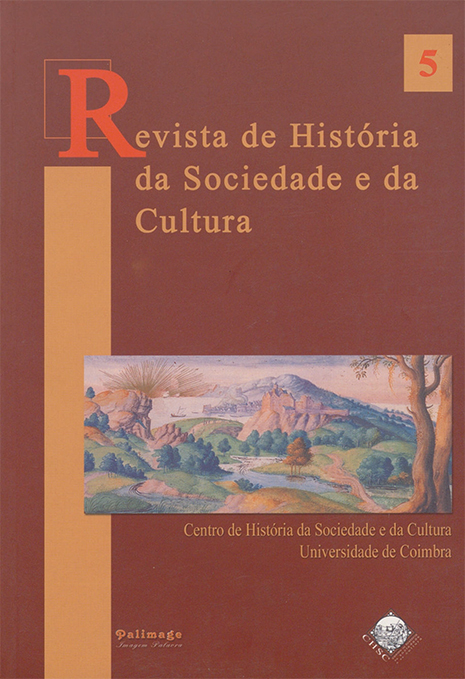Portugal... Caught between the calling of the sea and the bond with the land
DOI:
https://doi.org/10.14195/1645-2259_5_6Keywords:
Portugal and Europe, Portugal and the European concept, European union and cooperation, the European concept, European integration, European buildingAbstract
Up until the 19th century, there is no knowledge in Portugal of any theoretical draft or slightest display of the concept of a unified Europe, viewed from the perspective of a multilateral agreement of any kind. It is only in the modern era, in the second half of the 19th century, that awareness of the need to draw Portugal closer to Europe, unity and co-participation in projects and cooperation institutions or integration visions developed, albeit with some variations, ups and downs, pursuant to domestic political restraints and the international settings. However, it is not until the 20th century, post World War I, that the idea of modern European unity begins to take shape, and is materialised and implemented after World War II. Portugal joined the process in the 20s. Yet Oliveira Salazar's rise to power, nationalism, Atlantism and the colonies left deep marks in the national mind and spirit, and the country drew away from the path to European union. It did not turn its back to economic or security cooperation, which was developing, at least as long as it did not threaten the New State principles and foundations. After the revolution of April 1974, following the revolutionary abyss, the hazardous state of domestic affairs made one thing clear to all: the European path, in spite of many questions and hesitations, was an inexorable reality. Nonetheless, Portugal's peripheral geography and its natural exposure to the Ocean are the underlying or structuring elements of these cycles, drawing the country closer and turning it away from Europe - here, where land ends and sea begins.
Downloads
Downloads
Published
Issue
Section
License

This work is licensed under a Creative Commons Attribution 4.0 International License.
Authors retain copyright and grant the journal right of first publication with the work simultaneously licensed under a Creative Commons Attribution License that allows sharing the work with recognition of authorship and initial publication in Antropologia Portuguesa journal.











